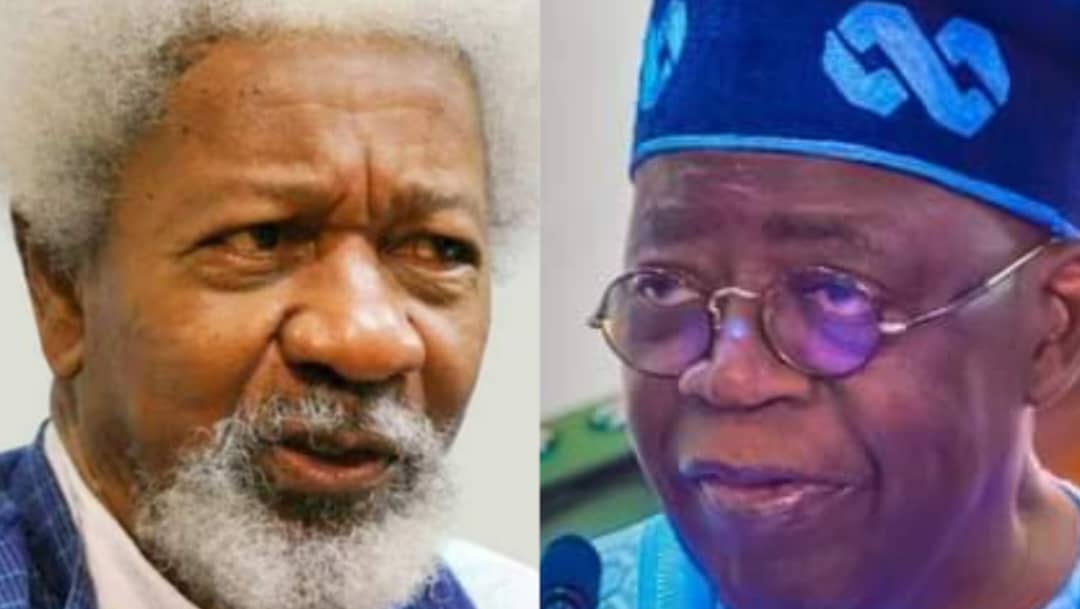Professor Wole Soyinka has criticized President Bola Tinubu’s recent nationwide address for neglecting to address the crackdown on #EndBadGovernance protesters by security agencies.
Soyinka expressed his disappointment in a statement on Sunday, following President Tinubu’s address, which was expected to tackle the ongoing hunger protests. He pointed out that the speech failed to acknowledge the violent repression of peaceful demonstrators, an issue he believes is critical.
The #EndBadGovernance protests have now entered their fourth day, with citizens expressing their frustrations over the country’s worsening economic conditions, rising poverty, and perceived ineffective governance.
Soyinka noted the troubling trend of the state’s harsh response to protests, highlighting it as a significant shortcoming of Tinubu’s address.
“I set my alarm clock this morning to ensure I did not miss President Bola Tinubu’s much-anticipated address to the nation regarding the current unrest. His summary of the government’s actions since taking office will undoubtedly be scrutinized for its effectiveness and content,” Soyinka stated.
He continued, “My primary concern is the continued deterioration in the state’s handling of protests. The presidential address fell conspicuously short in addressing this issue. Such neglect unfortunately emboldens the security forces to act with impunity, perpetuating a cycle of resentment and retaliation.”
Soyinka condemned the use of live ammunition against peaceful protesters, calling it the core issue that needs urgent attention. He argued that even the use of tear gas is often an abuse in situations where protests are peaceful.
“These protesters represent a universal cry for help, not just a Nigerian issue. They are a signal to the government that a breaking point has been reached, and their response is a test of their awareness of public desperation,” he added.
Soyinka criticized the government’s response to the hunger protests, comparing it to the deadly aftermath of the #EndSARS movement. He described it as a regression to colonial-era practices, referencing Hubert Ogunde’s folk opera Bread and Bullets, which was inspired by similar injustices.
He urged Nigeria’s security agencies to learn from international examples of peaceful protest management, such as the Yellow Vest movement in France, where not a single shot was fired despite direct confrontations.
“The use of bullets where bread is being asked for is a dangerous step backward, and we know what that leads to – more desperate uprisings, potentially even revolutions,” Soyinka warned.
He called for a permanent end to the use of lethal force by security agencies, stressing that no nation is too underdeveloped or impoverished to set a positive example. He concluded by suggesting that today’s protesters adopt songs from Ogunde’s Bread and Bullets to remind the nation of its history and the need to break this cycle of violence.
